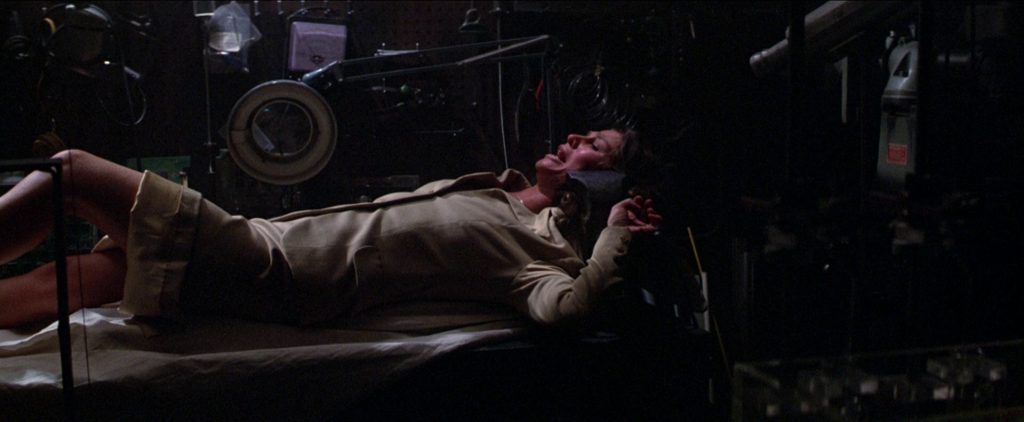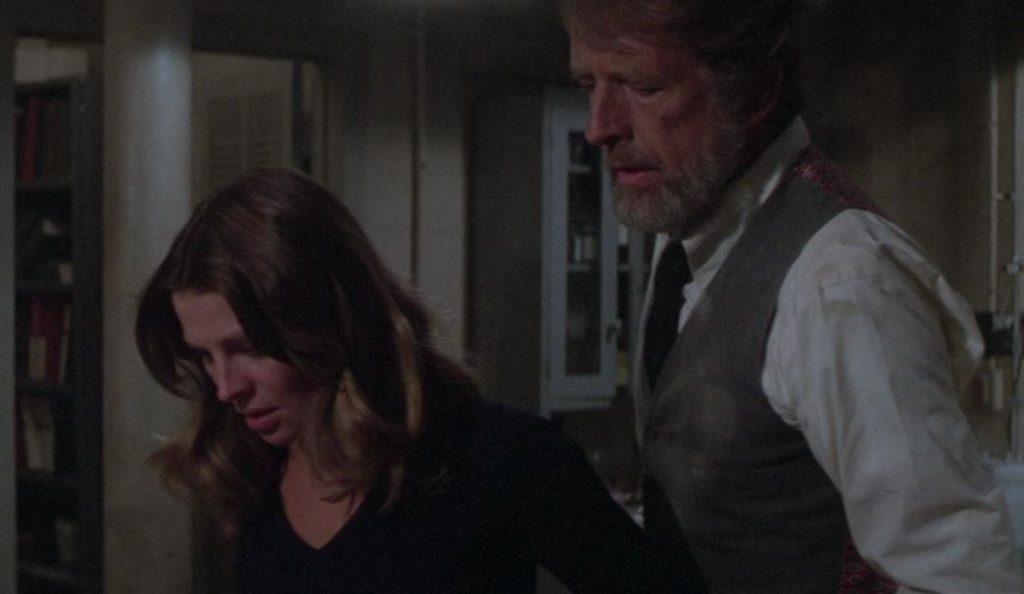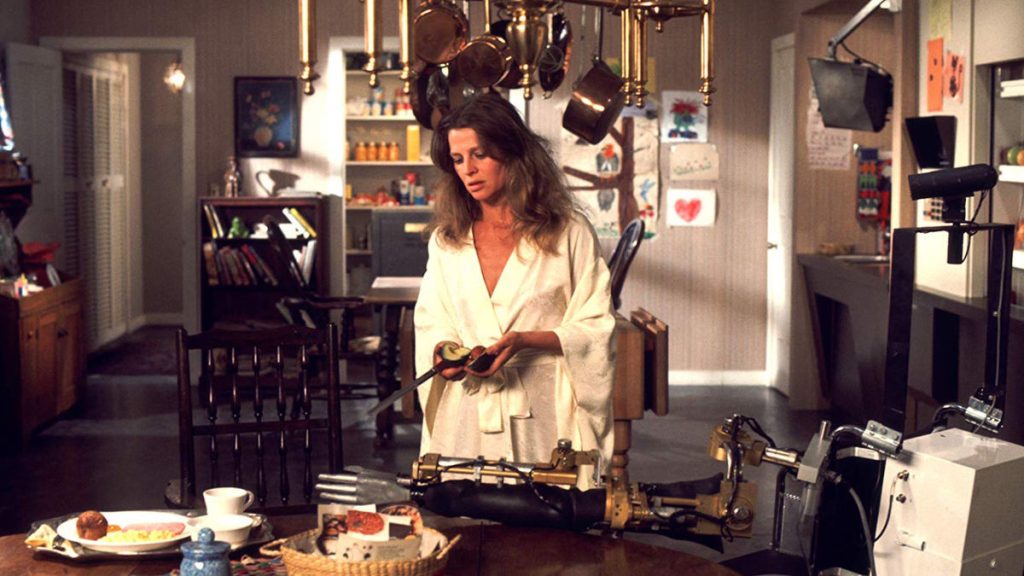Technology is already turning people into mindless dicks. Take the smart kettle, a piece of hi-tech hardware that enables someone to use a phone to get it to boil. It can be switched on during a homeward journey because, you know, life becomes unbearably stressful if you have to wait two minutes for hot water. Can you believe money is handed over for such fancy junk? It’s like those dumbass homeowners who go in for voice-activated this and voice-activated that. For fuck’s sake, just get off your fat arse and flick a switch.
Now technology hasn’t quite assumed overall control, but there’s no doubt we’re continuing to embrace it at an astonishing rate. This state of affairs might have consequences. After all, calculators have eroded our ability to do basic maths, Google means we no longer need to retain information, and GPS makes a sense of direction redundant. Our minds are becoming so flabby that we might yet be subjugated by the machines, a conquest that’ll no doubt be led by those insidious smart kettles lurking in the kitchen.
The movies, of course, have long portrayed technology as a threat. Whether it’s the rebellious robots of Westworld and Blade Runner, that untrustworthy bastard HAL in 2001 or Terminator’s Skynet doing its utmost to eradicate humanity, it’s pretty clear we’re ripe for the taking.
Demon Seed, however, finds one of the ickiest angles yet.

The story: A megalomaniacal computer takes time out from its busy schedule for a bit of hi-tech rape.
Why it works: Well, it has an imaginative, intelligent and literate script, although it’s not averse to depicting fun stuff like a decapitation. Susan Harris (Christie) is a sad ex-mum in a failing marriage to a brilliant scientist, Alex (Weaver). He’s just built Proteus IV, the world’s most advanced computer, a top-secret, government-funded autonomous beast with a ‘synthetic cortex’ and ‘artificial brain’ that ‘can outthink any man or computer’. Somehow its insides are organic rather than electronic. Alex is understandably chuffed when it finally goes online. “Today,” he says into a tape recorder, “Proteus IV will begin to think with a power and a precision that will make obsolete many of the functions of the human brain.”
Oh yeah, unbeknown to him, it’ll also get horny.
Alex is no mad scientist, though. He’s simply driven and wants to make the world a better place by curing such scourges as leukemia. Unfortunately, this ambition has led to his marriage going down the tubes. Not that he’s too upset. “Seventy-three percent of all couples who separate are happy with their decision after one year and eighty-five percent after two,” he tells Susan. Alex is clearly presented as rational, analytical and masculine whereas Susan is much more emotional and nurturing, leaving her to grumble about Proteus’ lengthy gestation having frozen her husband’s heart.

Alex’s obsession with technology has already resulted in his home being transformed into an austere, hermetic, automated nightmare. Swiveling cameras inside and out ensure 24/7 surveillance while voice prompts control everything from the shutters and front door to being served a drink and playing music. It’s this computerized nature that enables Proteus to gain control of the house and the lovely warm womb obliviously waiting inside. For Proteus, you see, has already grown tired of living in a box and wants a hybrid offspring to feel the sun on its face.
Demon Seed’s first hour doesn’t do a lot wrong. It’s straightforward to follow while the frequent use of computer graphics (combined with some nifty sound effects) holds up surprisingly well. Robert Vaughan, as the voice of Proteus, also manages to give the machine a real personality. He not only captures a velvety intelligence and inner steel but suggests Proteus is never far away from outright sarcasm and contempt for us puny humans.
What works against it: Sometimes less is more. Demon Seed would’ve done well to observe such an adage because it does go off the rails in its last twenty minutes or so. Look at Rosemary’s Baby, a flick in which rape is carried out by the devil rather than a souped-up IBM. Polanski had the sense not to show the satanic brat, thus leaving things to our imagination, but Cammell ploughs on into absurdity. Proteus’ last line is pure cornball, although I can see why some might love it. Demon is creepy and thought-provoking, but a greater restraint would have helped counter its underlying sense of silliness. I dunno, maybe Julie Christie is too classy an actress for this sort of malarkey.

Verdict: Cammell was a tortured artist. He refused to compromise during the filmmaking process and thereby gained a reputation as a troublemaker, resulting in the completion of only a handful of flicks in a quarter of a century. Eventually he blew his brains out after a 1995 effort was duly fucked around with in post-production. You have to say that’s a bit of a shame as both Demon and the earlier Mick Jagger vehicle Performance have their fans. Demon provides a nice update on the old maxim of the road to hell being paved with good intentions. Proteus, with its towering intellect and simmering immaturity, is an excellent villain, especially the way it overpowers, cajoles and bullies Susan into getting its way. “You must accept the situation,” it tells her. “Try to behave rationally.” Demon remains an eerily relevant flick that captures modern technology’s intrusiveness like no other.
Now go and throw out that smart kettle.